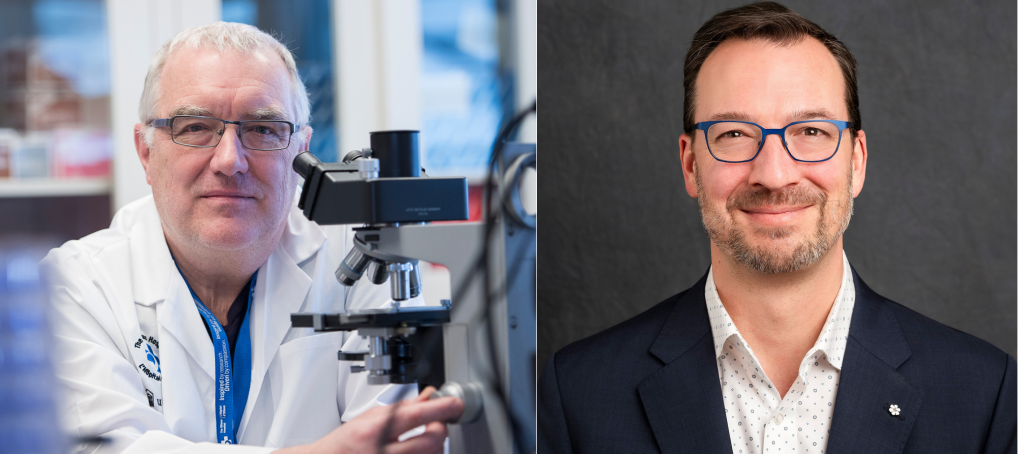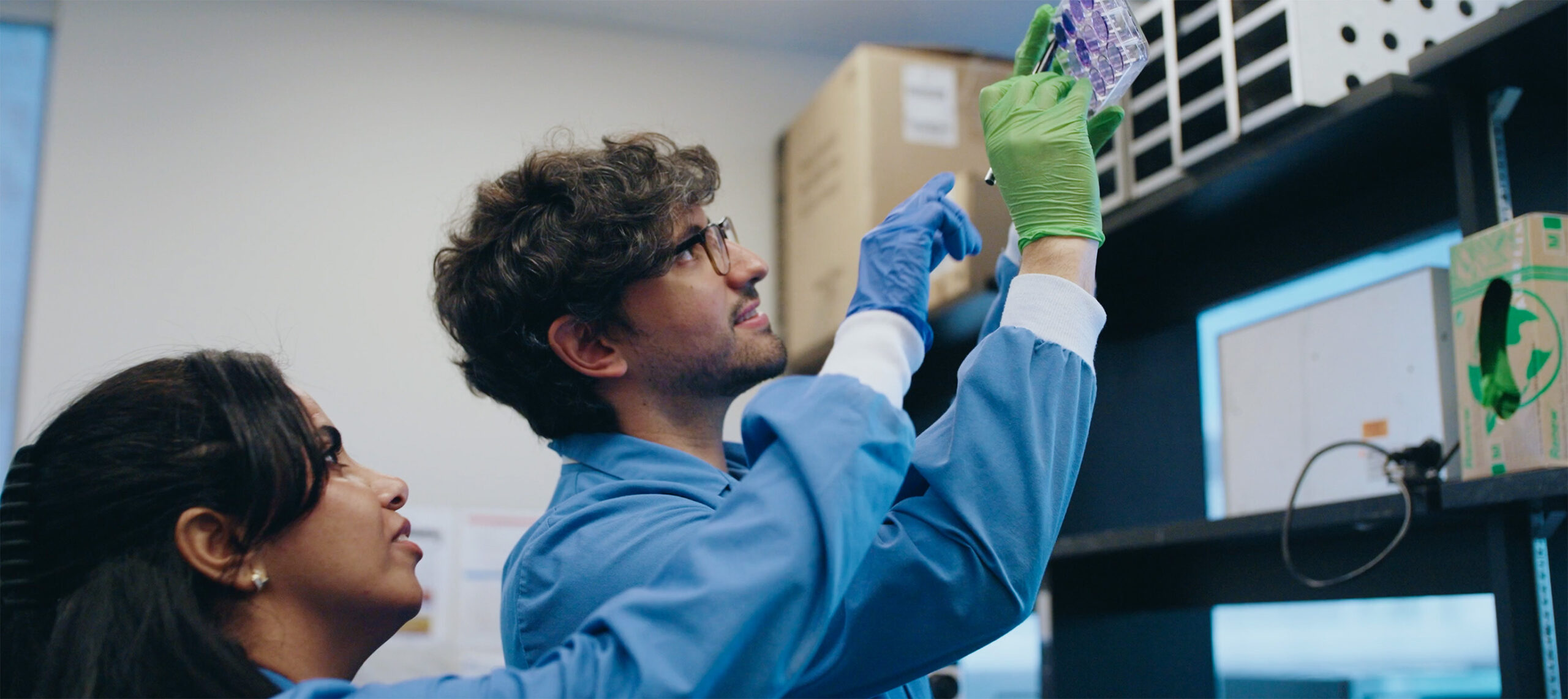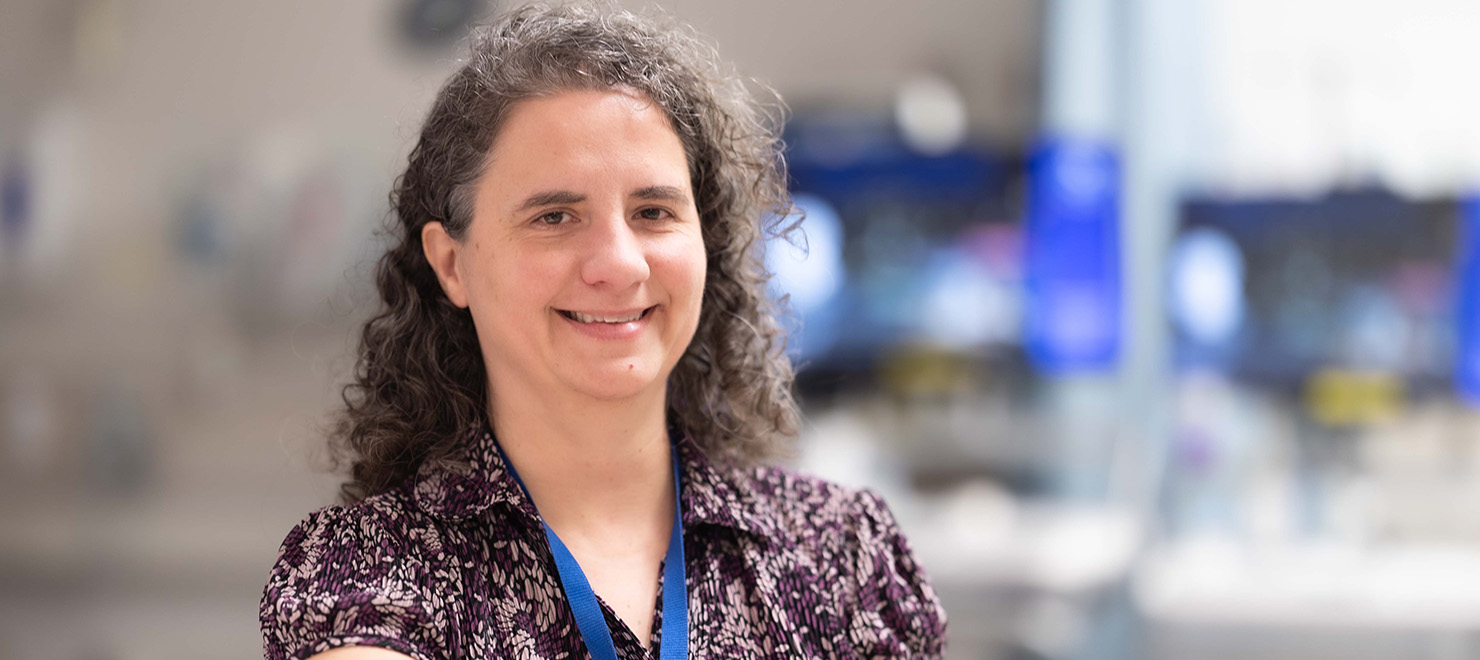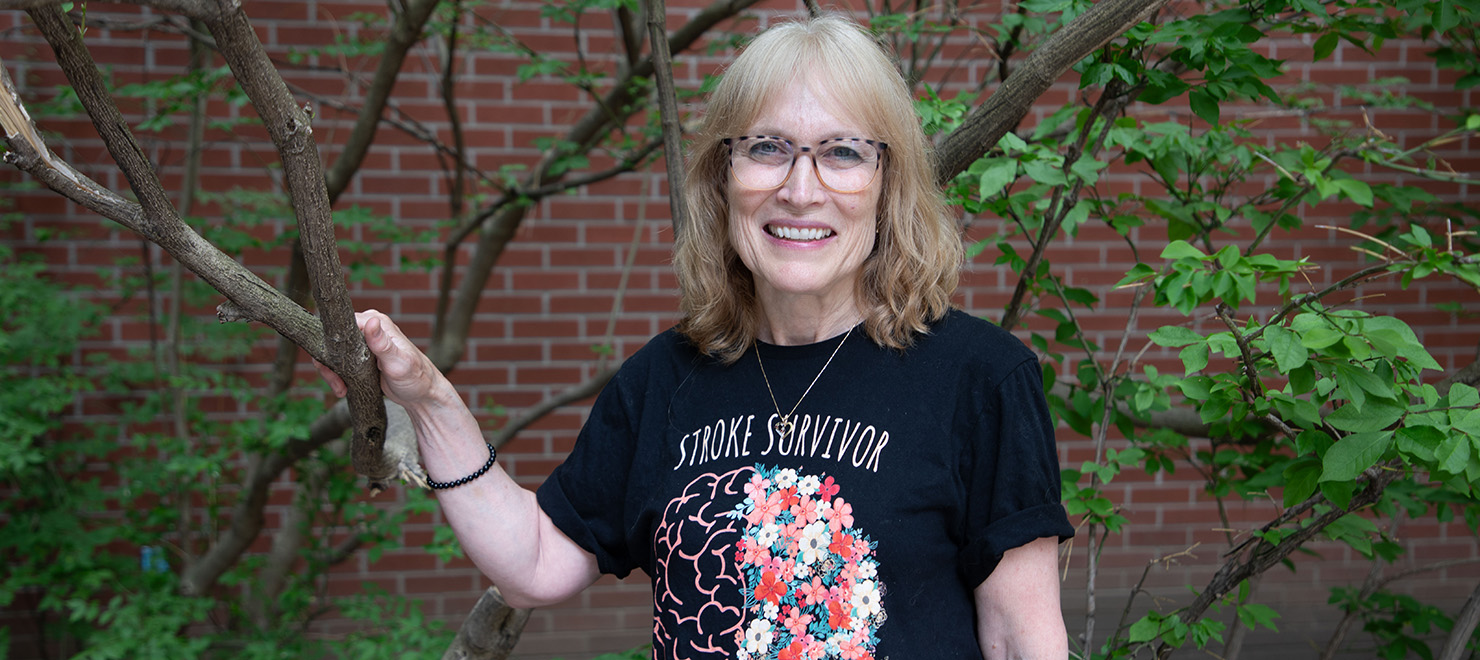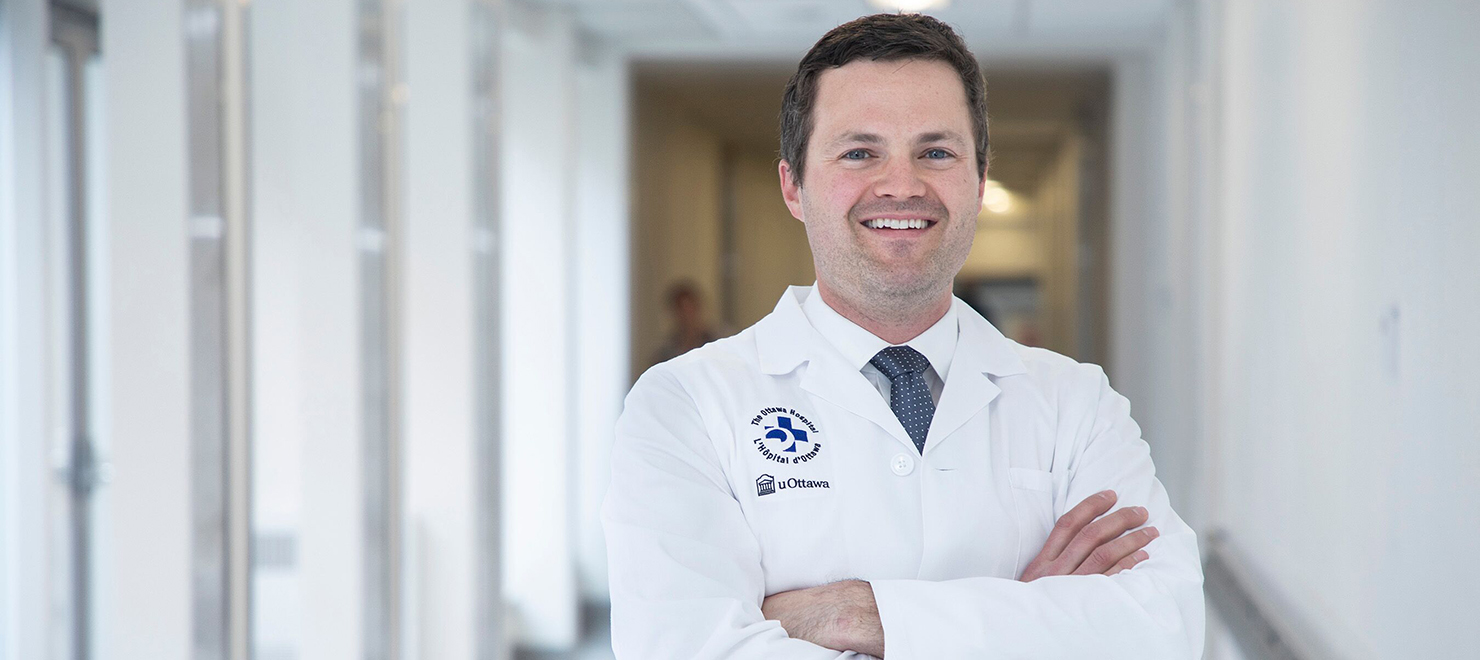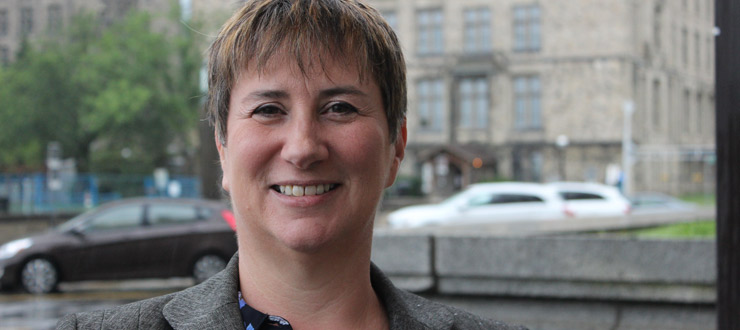
“This monitor – this research – saved my life. I’m convinced of it,” said patient Jacinthe Bisson, who took part in a research study to monitor patients with fainting spells.
Doctors in the Emergency Department at The Ottawa Hospital couldn’t explain why Jacinthe Bisson was having fainting spells, until a clinical study revealed she had a life-threatening heart condition.
In one year, the 51-year-old had three syncope, or fainting, episodes. But by the time she arrived at the hospital, she was fine and the doctors could not identify what had caused her to faint. Often syncope is brought on by dehydration, a drop in blood pressure, or an overactive nervous system (such as fainting when seeing blood). Bisson had none of these issues.
A small percentage of people with syncope suffer from serious medical conditions, such as an irregular heartbeat, or arrhythmia. Often patients with unexplained syncope are monitored for few hours. However, if their heartbeat is normal during that time, their condition isn’t caught and they could be discharged only to go home and later die from an arrhythmia.
Bisson was an ideal candidate to take part in a clinical study led by scientist and emergency physician Dr. Venkatesh Thiruganasambandamoorthy, who is also a professor at the University of Ottawa.
“I wanted to find out what was going on with me. And I’m interested in science and research, so if I could participate, then maybe that research would help other people,” said Bisson.
She went home wearing a monitor round-the-clock for 15 days to keep track of her heart’s rhythm. On the seventh day, she felt lightheaded, hot and weak. The monitor captured a potentially life-threatening arrhythmia. Her cardiologist hospitalized her immediately and performed further testing, resulting in Bisson having a defibrillator inserted and being prescribed daily medication.
“I have not fainted since,” she said. “This monitor – this research – saved my life. I’m convinced of it.”
Each year, the Civic and General campuses see up to 1,500 fainting patients. Many of these patients are monitored in the Emergency Department for up to six hours. About 12 percent, though, are admitted and monitored for five to seven days. The average daily hospital stay costs about $1,400, which adds up to about $9,800 per patient.
“Whereas, wearing this monitor for 15 days will cost about $500 in total per patient,” said Dr. Thiruganasambandamoorthy. “And patients can be monitored at home rather than in the hospital.”
Dr. Thiruganasambandamoorthy’s study has monitored 20 patients outside the hospital since it began in October 2016. Three had life-threatening heart issues that were picked up by the monitor. Dr. Thiruganasambandamoorthy hopes that results from this study will demonstrate that monitoring high-risk syncope patients at home is the best way to treat them.
This study was possible because of generous support from the community for Research to Improve Patient Care. The study was also funded by the Cardiac Arrhythmia Network of Canada and The Ottawa Hospital Academic Medical Organization.

Support patient care and research at
The Ottawa Hospital
You might also like…
Dr. John Bell and Stephen Beckta inducted into the Order of Canada
The Ottawa Hospital is proud to share that on December 31, 2025, two members of our team were inducted into the Order of Canada. Congratulations Dr. John Bell and Stephen Beckta.
Everyone at our hospital plays a role in research. Here’s how
It’s Research Week at The Ottawa Hospital. Check out this video to hear from some of the incredible people fuelling our discoveries that are having an impact around the world.
Living with chronic pain? This online tool offers help — and hope
The Power Over Pain Portal is a free virtual resource hub designed to help empower youth and adults living with chronic pain through education and peer support.
From survivor to supporter: Peer volunteers bring hope to patients recovering from stroke
Drawing on their own lived experiences as stroke survivors or caregivers, volunteers with March of Dimes Canada’s After Stroke Hospital Peer Connections program offer emotional support to those just beginning their recovery journey. Discover the difference they’re making and learn about how you can request support for a loved one — or become a beacon of hope yourself.
Do you have a surgery coming up? Here are five “prehab” tips to help you recover faster
You’ve probably heard about rehabilitation, but what about “prehabilitation”? Prehab is all about getting your body and mind in top shape before surgery so you can enjoy a smoother, quicker recovery. Discover five essential prehab strategies from researcher Dr. Daniel McIsaac.
Sign language interpretation services at The Ottawa Hospital: 5 FAQs
Do you require a sign language interpreter when you come to The Ottawa Hospital? For patients who are Deaf or hard of hearing, we provide both American Sign Language (ASL) and Langue des Signes Québécoise (LSQ) interpretation services at no cost. Before your next appointment with us, find out everything you need to know.


 To reset, hold the Ctrl key, then press 0.
To reset, hold the Ctrl key, then press 0.
